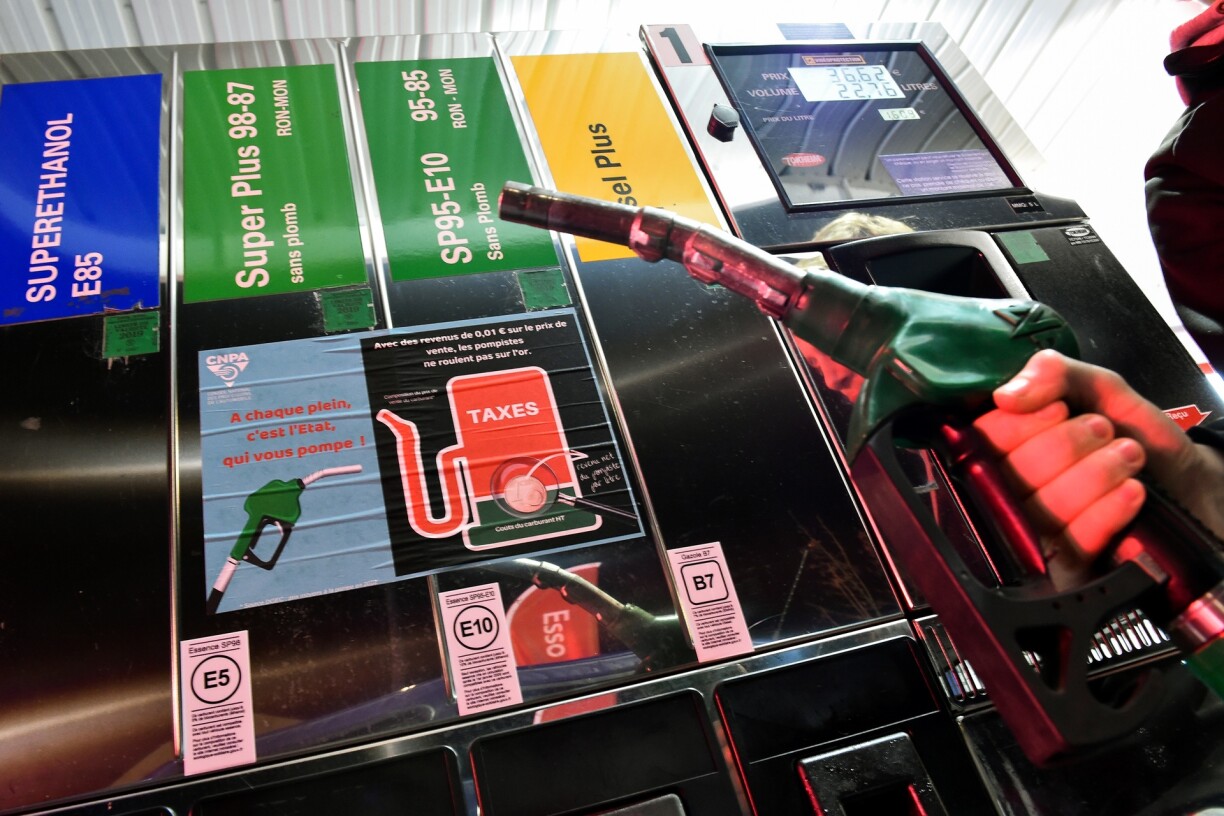
The ULC reacted to a Statec announcement yesterday concerning the rise in inflation rates in Luxembourg (2.10%). In particular, the union expressed its outrage at a “dizzying” increase of 28.92% for petrol products between April 2020 and April 2021.
In a press release issued on Thursday, the ULC said that motorists have felt the impact of the constant fuel price increase. In addition, from January 2021, a CO2 tax came into effect, which has largely contributed to the price increases this year. Heating oil has also increased by more than 60% in the same time period.
The ULC also took the opportunity to warn against misconceptions and excessive charges weighing on motorists. They said the intended effect of protecting against climate change would only be achieved to a limited extent, as there are few alternatives to fuel-powered cars at present.
The union added that Luxembourg and Europe did not possess a satisfactory network of electric charging points to ease autonomy issues faced by electric vehicles. They also underlined that they were in no way opposing alternative energies; simply pointing out that the range of electric cars is still somewhat restricted.
The ULC went on to criticise the measures put in place by the Luxembourg government, particularly the increased CO2 tax for cars as there was no viable alternative. They underlined the issue of extracting materials required for producing electric cars, as well as the potential degradation and disposal of these materials which remains unanswered.
The association also expressed concerns over the rise in prices of other products, in what they termed a “spiral” set off by the petrol price increases. The price trend could noticeably move upwards in other areas, such as basic food products, building materials and services, which in turn would have a detrimental effect on low- or medium-earning households, as well as pensioners or single parents.
The ULC therefore demanded that purchasing power be maintained and indeed, strengthened, for people on low or medium income. It also requested additional tax breaks and an adjustment of the tax table to the inflation rate.